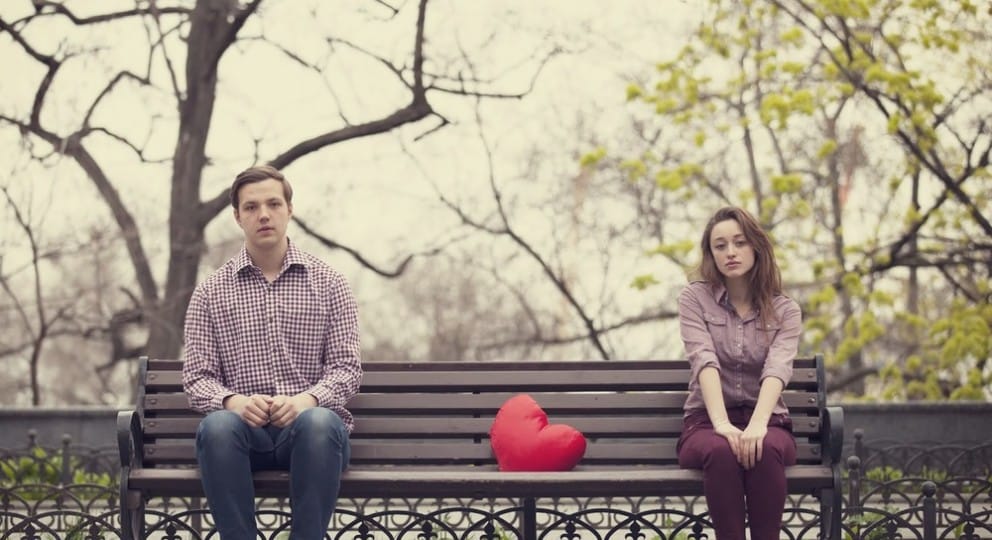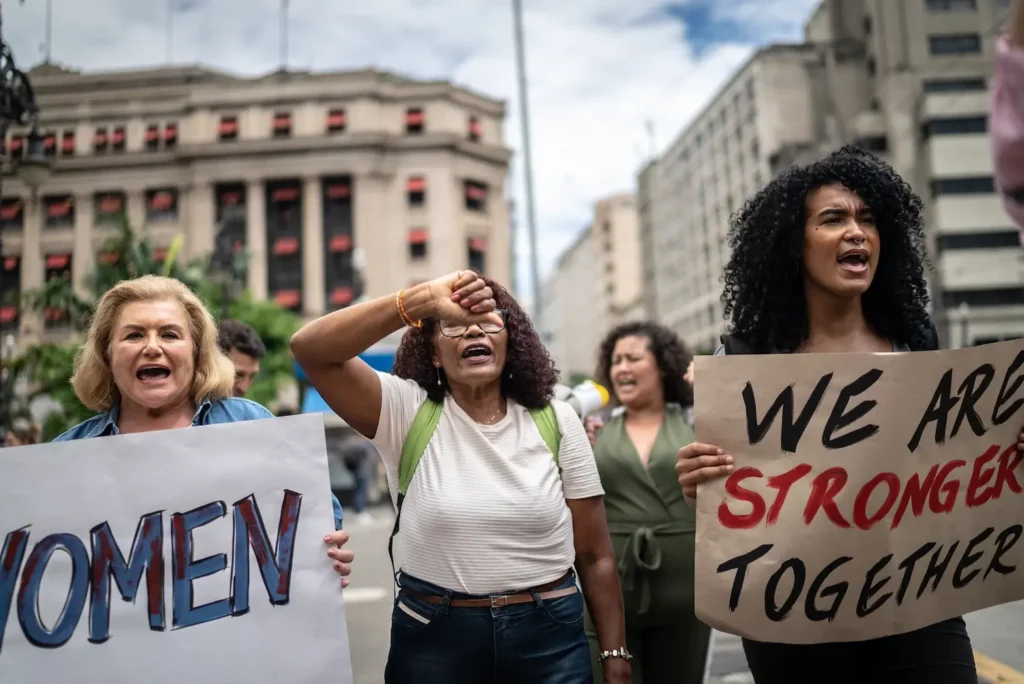
The phone rings often at The Gottman Institute. Last week, I answered a call from a young woman distressed about arguments that were ruining what had been, till then, an easy-going relationship with her husband. “We’ve only been married two months,” she said, questioning her intense anger and whether she had chosen the wrong partner.
I told her what I tell almost everyone with such a story: you’re in good company. I say this because people aren’t really calling to hear about couples therapy or practical tips – not at first. They call because they feel afraid, ashamed, and alone with their problem. “If we were right for each other,” they say, “we wouldn’t do this.” This is usually the sound of disillusionment, and I have heard it from both newlyweds and couples who have been together for decades. Something has changed, and they want to know: “Where did the love go? I’m not feeling the way I’m supposed to.”
Where does this idea come from – that if we love one another, we won’t fight – or if we do, we’ll easily kiss and make up? Where is it written that if we begin to have strong negative feelings toward our partners, it is a mistake to be together?
It may surprise you that in Western society, “marriage was not always about the relationship between the man and the woman,” says Stephanie Coontz, author of Marriage, a History. Centuries ago, marriage “was a way of getting in-laws, of making alliances, and expanding the family labor force.” She adds, “If love could grow out of it, that was wonderful. But that was gravy.” Only as cultural attitudes shifted away from the Church during the Enlightenment and times became more prosperous did people began to pursue lives of choice. Marriage evolved into something that could begin and end at will. Love, not obligation and economics, became the primary motivation in deciding to tie the knot.
Over time, Western society’s ideas about love took on the form of a fairy tale, where being together almost always feels good, happiness is the norm, and all conflicts are ultimately resolvable. How this happened is multifaceted, but prince-and-princess fairy tales and fables are a good place to start. Used for entertainment and morality lessons, they were the spoken-word legacy of generations, until technology and mass communication replaced them with radio songs, TV shows, and movies about being incomplete or shattered without a happily ever after. These themes remain the norm in our popular culture. We are inundated with false ideas about love, goodness, perfection, and “the pursuit of happiness” (unaware that a state of continual contentment is biologically impossible and even undesirable). Wanting to feel good motivates most of the personal choices we make, as anybody who watches Mad Men or who knows their advertising history can tell you. We are caught up in economically-driven illusions about life, love, and reality.
No wonder new couples are shocked when their feelings for one another begin to fray. But the “best behavior” fueled by early love is not meant to last. In addition to letting one’s hair down (the end of the “honeymoon” phase), people evolve: emergencies test even the strongest couples, and life is what happens when you are making other plans. Any of these changes naturally disrupt our ideas, often unconscious, about what it means to “love and cherish.”
When I hear about new partners who have begun to disillusion one another, I want to tell them that these moments are actually a gift, if they are dealt with thoughtfully. They are where the rubber meets the road, where the work of commitment, intimacy, and deep coupleship begin. The Gottmans often quote psychotherapist Dan Wile, who says, “When choosing a long-term partner, you will inevitably be choosing a particular set of unsolvable problems that you’ll be grappling with for the next ten, twenty, or fifty years.” In fact, Dr. Gottman’s research found that a whopping 69% of the ongoing problems in marriage are unresolvable, and that’s actually comforting, when you think about it. It means that the majority of couples are having the same difficulties you are – about money, sex, in-laws, kids, whatever. It means you are in the club of Life with a capital L. Stick with it, and you will find that choosing to move through time with a fellow flawed human, learning and growing with somebody you love and trust is, despite all the difficulty, what really makes us happy at the end of the day.
In one of his novels, the late author John Williams writes of his protagonist: “In his extreme youth, [he] had thought of love as an absolute state of being to which, if one were lucky, one might find access; in his maturity he had decided it was the heaven of a false religion, toward which one ought to gaze with an amused disbelief, a gently familiar contempt, and an embarrassed nostalgia.” That sounds like disenchantment to me. But Williams goes on: “Now in his middle age he began to know that it was neither a state of grace nor an illusion; he saw it as a human act of becoming, a condition that was invented and modified moment by moment and day by day, by the will and the intelligence and the heart.”
Some people are already realists, but most of us need a little help seeing ourselves and our partners clearly. Painters and writers often leave their work unfinished, coming back for a fresh look after time has cleansed a confused or dead-ended perspective. This is the work of The Gottman Institute: to help couples repair the inevitable mistakes and work with the small, daily movements and moments that mean so much to the larger picture. Most likely, the friendship and love that brought couples together is hiding in plain sight. Our work enables partners to step back, get a fresh look at the other, and appreciate the ongoing creation of their masterpiece.










